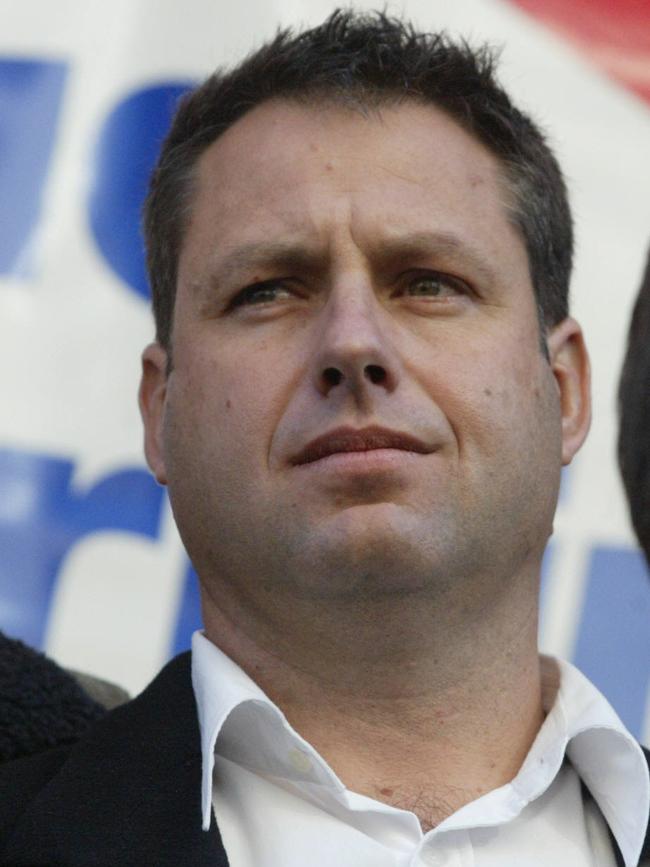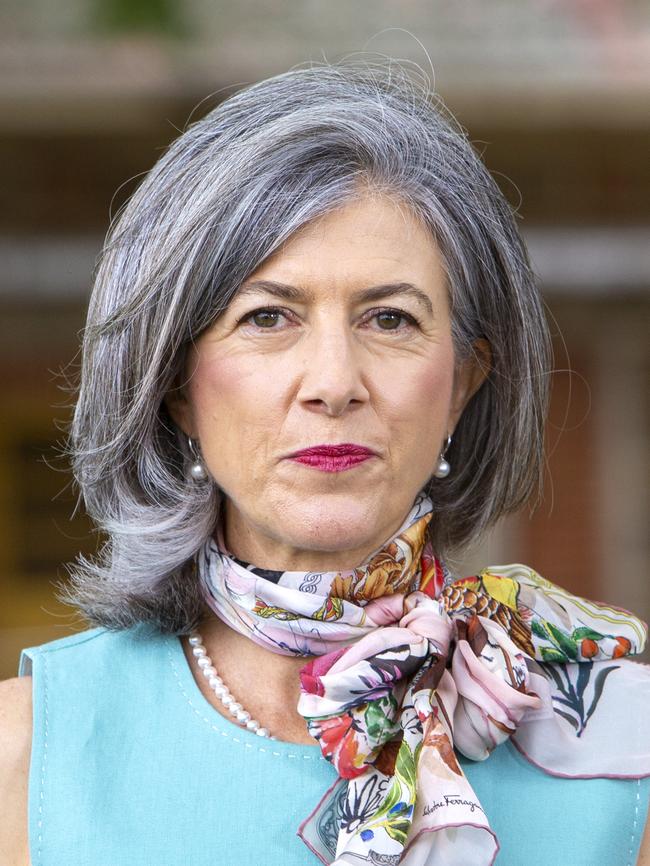SA teachers have postponed a decision to strike on the first day back at school
Teachers are voting in a second ballot on whether to postpone strike action for the first day back at school – but they have accepted Professor Spurrier’s advice that blanket testing of children for Covid is not needed.
Education
Don't miss out on the headlines from Education. Followed categories will be added to My News.
A public teachers’ strike planned for the first day of school could be averted after a breakthrough in Covid safety talks between the teachers’ union and state government.
Members will be asked to vote in a second ballot, which opens on Thursday night and closes at 5pm on Friday, on whether to postpone next Wednesday’s industrial action.
A major sticking point in negotiations has been union calls for rapid antigen testing, or similar surveillance regimen, in public classrooms.
That has not been granted, after the union accepted the advice of chief public health officer Professor Nicola Spurrier that blanket testing was not needed.
As the government announced last week, packs of 20 rapid antigen tests would be provided to schools and preschools.
A “test-to-stay” arrangement would be established for school staff who may have been exposed to the virus.
A government spokesperson said, “under the current settings, only students in special needs settings who are working 1:1 with an SSO who has tested positive for Covid-19 will be provided with rapid antigen tests to ‘test to stay’.”
They said students may also be included in the opt-in “test to stay” trial that is running in conjunction with SA Health in a group of special schools and disability units.
Andrew Gohl, campaign director for the Australian Education Union SA Branch said the second ballot would have a rapid turnaround.
“I think you know like always our members will make the best decision given the information that we were able to provide to them,” he said at a press conference on Thursday afternoon.
“Are we better off than we were two weeks ago? Yes, we are. Are we getting everything you want to see here? No, we’re not. But you know, at some point, you’ve got to be a pragmatist about this and in the context, that conversations are happening in a positive way with the department with a commitment for that to continue.
“I think, notwithstanding conversations and discussions to continue on some key matters I think we have done all we can centrally to shore up a safe work environment.”
He said the union had accepted Professor Spurrier’s advice that there are levers in place which had led to lessening of the impact of Omicron and Covid-19 over the past few weeks.
Mr Gohl said there may still be a trial of a more comprehensive testing regimen, possibly in areas with lower vaccination rates.


The union had given the education department a deadline of 10am on Thursday to meet its requests or strike action would proceed as planned.
Instead the AEU will now ballot members over 24 hours on whether they would support postponing the planned one-day strike, scheduled for Wednesday, when limited face-to-face classes begins,
Students in reception and years 1, 7, 8 and 12 will be on campus while others learn online from home.
About two-thirds of some 7000 union members balloted on Monday, endorsed industrial action in protest about a claimed lack of pandemic planning ahead of the school term.
Premier Steven Marshall had earlier told a press conference on Thursday the “main sticking point” was RATs.
“I don’t believe there is any need for strike action in South Australia. The reality is I think we have a very sensible and safe (return to school plan)” he said.
Only staff at childcare centres must test themselves for Covid-19 three times a week before going to work, under rules announced by the government on January 21.
At the time, SA’s public health officer Professor Nicola Spurrier said limiting surveillance testing to early childhood workers – who must test each Monday, Wednesday and Friday – was because of their circumstances.
“The children cannot be vaccinated (because they are under five), and the carer is in close contract changing nappies and nurturing the child and kids that age can’t wear masks,” she said.




